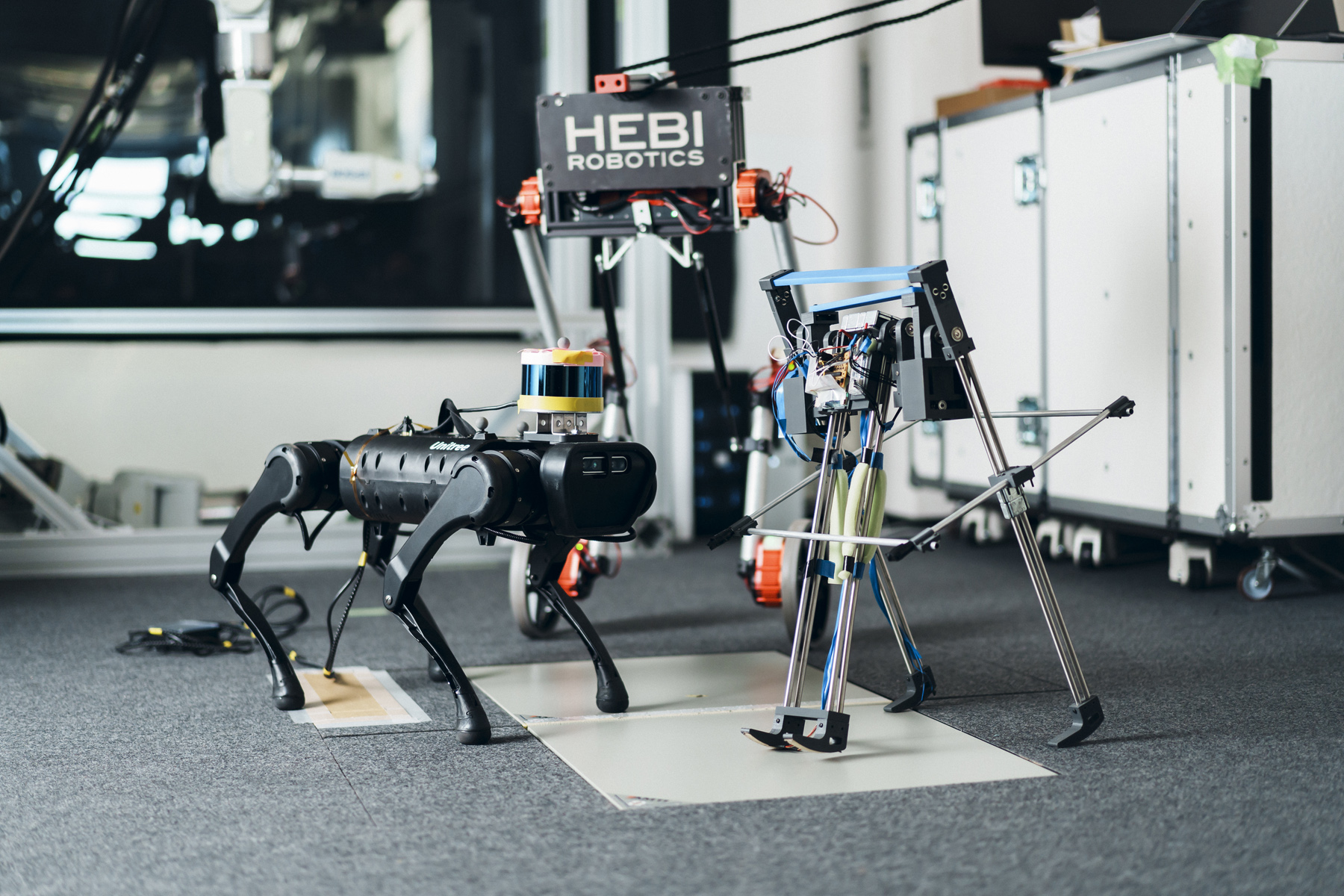(from Delsys website)
The De Luca Foundation, USA is pleased to announce that the 15th Annual Delsys Prize for Innovation in Electromyography was awarded to Dr. Mitsuhiro Hayashibe of Tohoku University, Japan.
Dr. Hayashibe’s winning proposal, titled “Evoked Electromyographically Controlled Electrical Stimulation”, was selected from a field of 135 entries from 30 countries. The entries represented a remarkably broad range of interests in diverse areas such as Biomechanics, Exercise Physiology, Signal Processing, Facial EMG, Robotics, Rehabilitation, and various others.
It is heartening to witness the growth and continuing maturation of the field of Electromyography.
We are honored to play a small part in this success story by illuminating outstanding contributions to the field.
We would like to thank the Delsys Prize Review Board Members: Dr. Andrea d’Avella (Italy), Dr. Kevin Englehart (Canada), Dr. Jim Richards (UK), and Dr. Helen Huang (USA), for taking part in choosing the winner.
・Related Link:
Delsys Inc., https://www.delsys.com/
De Luca Foundation, https://www.delucafoundation.org/
Delsys Prize Winners, https://www.delucafoundation.org/activities/honor-research/delsys-prize/winners/
Prof. Hayashibe is First Japanese Recipient for this international EMG award.
(東北大学ホームページより)
工学研究科ロボティクス専攻の林部充宏教授が、De Luca FoundationよりThe 15th Annual Delsys Prize for Innovation in Electromyographyを受賞しました。 この賞は、米国De Luca Foundationが主催するEMG(Electromyography)技術のInnovationに関する国際的な賞で、日本人としては初めての受賞となります。
今回、「Evoked Electromyographically Controlled Electrical Stimulation」が評価されての受賞です。脊髄損傷患者において電気刺激により誘起されたEMG信号を利用して筋肉活動度の直接的制御を可能とした制御技術に関する研究です。
